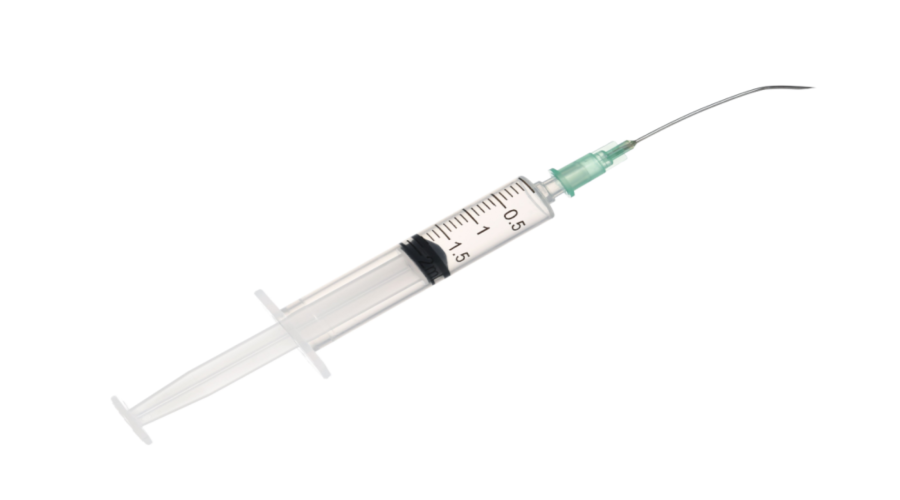Between changes from the 2017 Tax Cuts and Jobs Act and a variety of coronavirus relief packages, sorting through your pharmacy’s financial information to prepare for tax season may feel more daunting than normal this year. The way your income is calculated and the deductions you’re able to take might not be the same as you’re used to.
By getting organized, tuning in to the news, and having a reliable tax advisor at your side, you can tackle your taxes without wanting to pull out your hair.
Use these tips to minimize your tax liability and breeze through your 2020 taxes. They may even help you stay organized for tax seasons to come!
1. Get organized
Whether you’re preparing your own taxes or an accountant is doing it for you, prepare for tax season by getting organized.
Since the IRS now accepts digital receipts, there’s no reason to have a box full of loose paper. Transfer as many documents as you can to digital storage. For any hard copies you do need, store them in a file box with clearly labeled sections so you can find them quickly.
If you pay an accountant by the hour, having your materials organized and ready to go will make the service less costly, as well.
2. Do your research
If you took out a loan from the Paycheck Protection Program earlier this year, your tax situation will probably look a bit different than normal.
The good news is, if you are eligible for loan forgiveness on your PPP loans (which you should be as long as you met the conditions of the loan), then they won’t be taxable.
However, some other details continue to be in flux. Initially, the IRS stated that expenses like payroll costs aren’t tax deductible if you paid for them with funds from a PPP loan, meaning businesses could end up with more taxable income than usual. But recently, Congress stepped in to reverse that decision.
If you received coronavirus relief, it’s crucial to keep your eyes and ears open for decisions about how they will impact tax season.
3. Plan for payroll taxes
A provision in the CARES Act allowed businesses to defer Social Security payroll taxes incurred between March 27, 2020, and the end of the year.
If you chose to defer your payroll taxes, use some of your tax preparation time to make a plan to pay them back. Half of the deferred payments will have to be paid by the end of 2021, and the other half will have to be paid back by the end of 2022.
Talk to your accountant about the best way to plan for these inevitable payments.
Editor’s picks
The Best (and Only) Way to Maximize Wholesaler Rebates
10 Revenue Ideas That Don’t Involve DIR Fees and PBM Reimbursements
Is Owning a Pharmacy Profitable?
4. Invest in retirement
If you have a retirement plan set up for yourself or your employees, your contributions to those plans are tax-deductible.
Take advantage of that now to reduce your tax burden. Calendar year taxpayers have until the due date to contribute to retirement funds and deduct them, which means that you can make contributions in 2021 and still have them be deductible from your 2020 taxes.
5. Take advantage of depreciation
Take into account all the large equipment you have and make sure you account for them accordingly on your taxes. You can deduct depreciation for larger purchases that you expect to last longer than a few years. This includes items like:
- Pharmacy automation tools
- Delivery Vehicles
- Computers
- Software
- Office furniture and fixtures
- Building
The amount of time the objects depreciate depends on what they are — computers and vehicles, for example, depreciate over a period of five years, while office furniture depreciates over seven years. Be sure to bring up your depreciable property to your accountant so you can properly account for these deductions every year.
6. Take every deduction you can
In addition to retirement and depreciation, take every deduction opportunity you can. If you don’t maximize your deductions, you’re probably leaving money on the table.
Many business expenses are tax-deductible. Here are just a few to get you started:
- Local and state taxes
- Interest and fees
- Charitable contributions
- Wages and payroll tax
- Employee education
- Marketing expenses like advertising, PR, web development, print materials, and more
- Travel
The 2017 Tax Cuts and Jobs Act made significant changes to what expenses are considered tax-deductible, so check in with the IRS’s guidelines on tax deductions for small businesses to make sure you aren’t missing out on any deductions.
7. Make the most of your losses
If you’ve had a bumpy few years, provisions in the CARES Act can make taxes less painful. You are now allowed to carry back net operating losses from the last 5 years, applying to net operating losses generated between December 31, 2017, and January 1, 2021. This essentially means you can use a previous loss to offset your taxable income.
You can also file an amended return to get refunds, including interest, for taxes you’ve already paid, as the CARES Act removed a provision from the 2017 Tax Cuts and Jobs Act that limited net operating losses to 80 percent of a business’s taxable income.
8. Build a relationship with your accountant
If thinking about managing all these deductions and changes makes your head spin, then it’s a sign that you need to establish a relationship with a reliable accountant. An excellent accountant won’t just be there for you to pick up a box of documents and do your taxes every April, but be there to assist you year-round.
By outsourcing your finances to a professional accountant, you won’t have to scramble to get all your spreadsheets and papers in order come tax season.
Instead, they’ll monitor things like your income and profits year-round, and when tax season arrives, they’ll know all the latest rules and important deductions to make sure that you make it through without too much stress.
An Independently Owned Organization Serving Independent Pharmacies
PBA Health is dedicated to helping independent pharmacies reach their full potential on the buy side of their business. The member-owned company serves independent pharmacies with group purchasing services, expert contract negotiations, proprietary purchasing tools, distribution services, and more.
An HDA member, PBA Health operates its own NABP-accredited (formerly VAWD) warehouse with more than 6,000 SKUs, including brands, generics, narcotics CII-CV, cold-storage products, and over-the-counter (OTC) products.
Want more pharmacy business tips and advice? Sign up for our e-newsletter.















